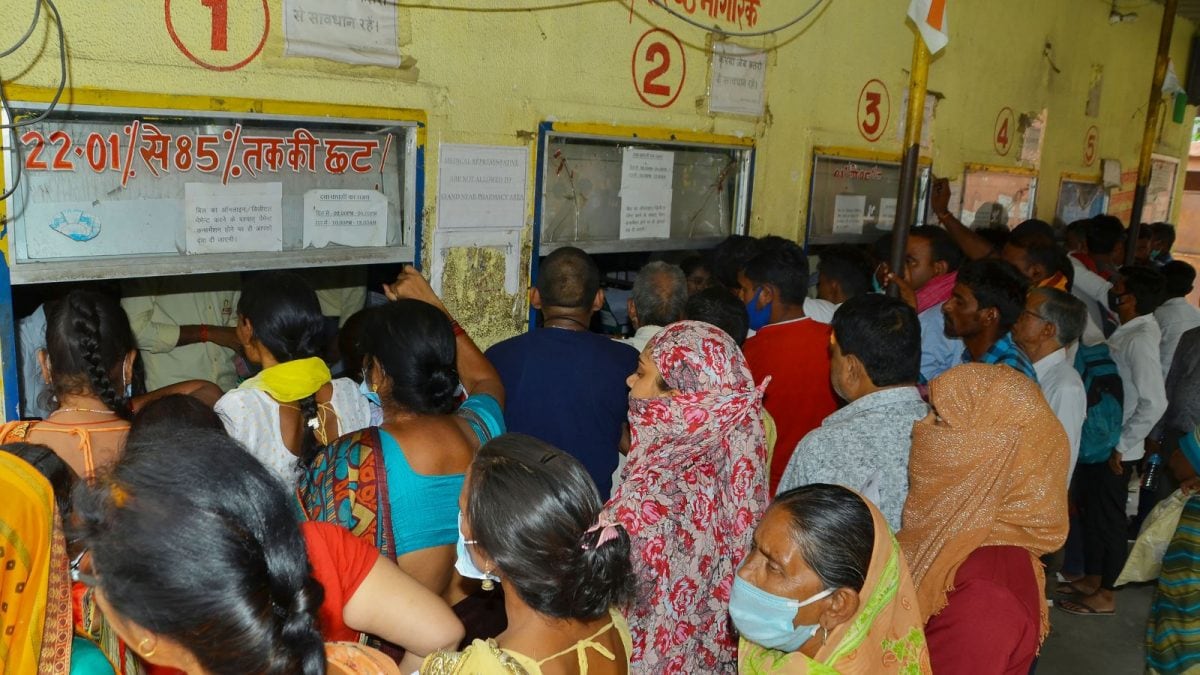Dancing with the Stars' Rylee Arnold's Near-Crisis: A Diabetes Scare Mid-Flight

A recent flight turned into a frightening ordeal for Dancing with the Stars professional Rylee Arnold. The 20-year-old dancer, who manages Type 1 diabetes, shared a harrowing experience on TikTok, detailing how she accidentally left her essential insulin at home before boarding a flight. Her story serves as a vital reminder of the challenges faced by individuals living with diabetes and the importance of meticulous preparation, especially when traveling.
In a video posted on Thursday, July 31st, Arnold recounted the moment she realized her insulin was missing. “I literally just got on the plane and realized I forgot my insulin,” she explained to her followers. The realization sparked immediate panic. Type 1 diabetes requires consistent insulin management to regulate blood sugar levels, and being without it can lead to serious health complications.
Arnold described the feeling of anxiety and fear as she grappled with the situation. She explained that she immediately contacted the flight attendants, who were incredibly supportive and understanding. Thankfully, the situation didn't escalate into a medical emergency, although the stress of the moment was undeniably significant. She credited the quick thinking and compassion of the flight crew for helping her navigate the crisis.
“I’m so grateful for the flight attendants on this flight,” she added in her TikTok. “They were amazing and really helped me feel better.” Arnold's video has resonated with many, particularly those within the diabetes community. Comments flooded in with messages of support, shared experiences, and advice for managing similar situations.
This incident highlights the ongoing need for awareness and understanding surrounding diabetes. For individuals with Type 1 diabetes, managing the condition is a constant balancing act, requiring careful planning and vigilance. Travel can add an extra layer of complexity, making it even more crucial to double-check medications and supplies before departure.
Arnold’s openness about her experience is commendable and serves as a valuable lesson for others. It underscores the importance of having a diabetes emergency plan, carrying extra supplies, and informing travel companions or airline staff about your condition. While the situation was undeniably stressful, Arnold’s resilience and the kindness of strangers offer a powerful message of hope and support.
The story also sparks a broader conversation about accessibility and support for individuals with chronic illnesses while traveling. Airlines and airports can play a crucial role in ensuring a safe and comfortable experience for passengers with medical needs, and Arnold’s experience can hopefully contribute to improvements in this area.






